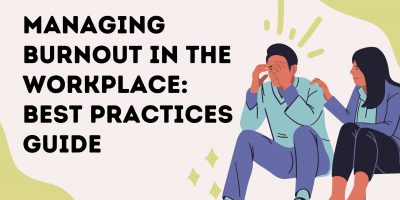Love it or hate it, work is an irreplaceable part of our lives.
Apart from the obvious benefits like a salary, a job is a great social instigator that provides a purpose and a sense of self. However, as with anything else, overdoing it can have a reverse effect. These people are what we’ve come to call workaholics.
There are many ways to explain what a workaholic is—the most superficial portrayal is someone who can’t stop working.
However, many complex psychological aspects go into defining such behavior. For example, psychologist Wayne Oates was the first to explore workaholism as a genuine concept in the 70s. He also brought up compulsiveness as one of the main characteristics. In its 1971 paper “Confessions of a Workaholic: The Facts about Work Addiction,” Oates defines workaholism as “compulsion or the uncontrollable need to work incessantly.“
Since then, there have been many altercations to the workaholic meaning.
Some connect it to working long hours and showing high work investment. Others analyze it as an addiction and research dysfunctional components like work obsessiveness and compulsiveness and neglecting other aspects of life.
Throughout history, some researchers considered work addiction as a positive attribute even. Many still support this premise. In fact, some of the biggest entrepreneurial names, like Musk or Gates, preach about the benefits of hustle culture. They ascribe their success to working endless hours and having no rest days. Thus, the conclusion would be that work-addicted people should be perceived as hard-working and ambitious.
So, is it a good or a bad thing?
With numerous studies to back it up, many nowadays see work addiction for what it truly is—a destructive urge to overwork oneself that affects people’s lives in and outside the workplace.
Workaholics tend to only think and talk about their work since they can’t detach from it in their personal life. They usually obsess over their job responsibilities outside of working hours when on sick leave or vacation.
From an employer’s standpoint, despite what one might assume, work addiction is bad for work engagement.
For example, “The Productivity of Working Hours” report shows that workers who put in 70 hours weren’t more productive than those working 56 hours. Even more alarming is that other research papers also indicate that obsessive work can lead to burnout and serious health issues. A study by the Lancet on long working hours reveals that employees who work more have a higher risk of a stroke.
Considering everything, it’s vital to catch on to the symptoms of a workaholic before it becomes a menace to their and the company’s well-being.








